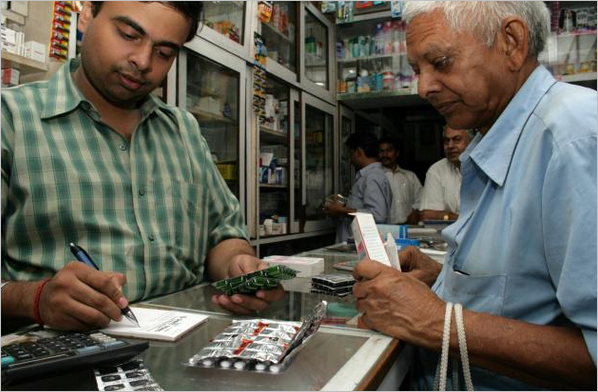A new European consortium has been formed including GSK and three
leading research institutions, University of Oxford, Centre Hospitalier
Universitaire Vaudois in Lausanne and the Bernhard-Nocht Institute, to
help further advance development of a candidate vaccine against Ebola,
which is being co-developed by GSK and the US National Institutes of
Health (NIH).
The consortium is backed by funding of €15.1 million from the European Commission Directorate General for Research and Innovation as part of its dedicated Horizon 2020 programme supporting research into treatments and vaccines for Ebola. The consortium also expects to receive an additional €1.4 million from the Swiss government.
The funding is already helping to implement an ongoing trial of an Ebola candidate vaccine being carried out in 120 healthy adult volunteers in Lausanne, Switzerland. If the safety and immunogenicity data from this and other ongoing phase 1 trials are encouraging, the EC funding will enable the consortium to begin larger phase 2 trials in Africa, which could start as early as January 2015.
The consortium is backed by funding of €15.1 million from the European Commission Directorate General for Research and Innovation as part of its dedicated Horizon 2020 programme supporting research into treatments and vaccines for Ebola. The consortium also expects to receive an additional €1.4 million from the Swiss government.
The funding is already helping to implement an ongoing trial of an Ebola candidate vaccine being carried out in 120 healthy adult volunteers in Lausanne, Switzerland. If the safety and immunogenicity data from this and other ongoing phase 1 trials are encouraging, the EC funding will enable the consortium to begin larger phase 2 trials in Africa, which could start as early as January 2015.


















